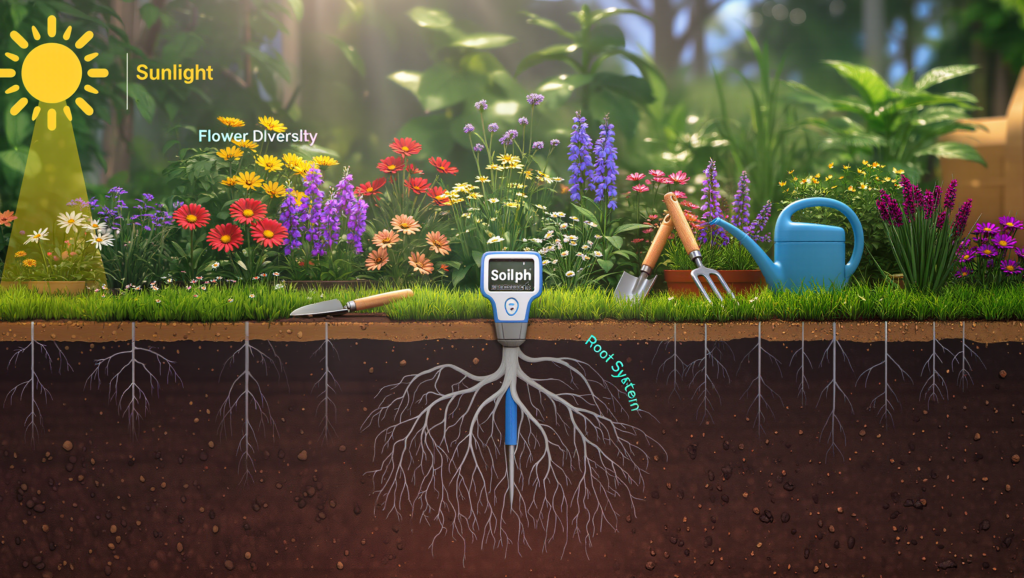Choosing a vegetarian lifestyle can have a profound impact on your health and longevity. Numerous studies have shown that a plant-based diet is associated with a reduced risk of chronic diseases and can contribute to a longer, healthier Here at organicbiofoods, we have put together five ways that being vegetarian, (specifically an Organic Food Vegetarian) can help increase your lifespan, backed by scientific evidence.
1. Reduced Risk of Heart Disease
Heart disease is one of the leading causes of death worldwide, and diet plays a crucial role in its prevention. A vegetarian diet, rich in fruits, vegetables, whole grains, nuts, and seeds, is naturally low in saturated fats and cholesterol, which are major contributors to heart disease.
Scientific Evidence:
- Lower Cholesterol Levels: Studies have shown that vegetarians tend to have lower levels of LDL (bad) cholesterol compared to meat-eaters. A 2015 study published in The American Journal of Clinical Nutrition found that a vegetarian diet could lower LDL cholesterol by up to 15% .
- Blood Pressure Control: A plant-based diet is also associated with lower blood pressure, reducing the strain on the heart and arteries. A meta-analysis published in JAMA Internal Medicine concluded that vegetarian diets are effective in lowering blood pressure, which in turn reduces the risk of heart disease .
By reducing cholesterol levels and maintaining healthy blood pressure, a vegetarian diet significantly lowers the risk of heart disease, potentially increasing your lifespan.
2. Lower Risk of Cancer
Cancer is another major cause of death globally, and diet is a critical factor in cancer prevention. Organic Food Vegetarians have a lower risk of developing certain types of cancer, particularly those related to the digestive system.
Scientific Evidence:
- Antioxidant-Rich Foods: Fruits and vegetables are high in antioxidants, such as vitamins C and E, which protect cells from damage caused by free radicals. A diet high in antioxidants can reduce the risk of cancer by preventing cellular mutations .
- Lowered Risk of Colorectal Cancer: A study published in JAMA Internal Medicine found that vegetarians, especially those who also avoid fish, have a significantly lower risk of developing colorectal cancer compared to non-vegetarians. The fiber-rich diet typical of vegetarians helps to maintain healthy digestion and reduces the risk of colorectal cancer .
3. Prevention of Type 2 Diabetes
Type 2 diabetes is a chronic condition that can lead to severe complications, including heart disease, kidney failure, and nerve damage. A vegetarian diet has been shown to reduce the risk of developing type 2 diabetes and can help manage the condition in those already diagnosed.
Scientific Evidence:
- Improved Insulin Sensitivity: A vegetarian diet, particularly one that is high in whole grains, legumes, and vegetables, improves insulin sensitivity, which helps regulate blood sugar levels. A study published in PLOS Medicine found that people following a plant-based diet had a 23% lower risk of developing type 2 diabetes .
- Weight Management: Vegetarian diets are typically lower in calories and higher in fiber, which can aid in weight management. Maintaining a healthy weight is crucial in preventing type 2 diabetes .
4. Better Weight Management
Maintaining a healthy weight is essential for overall health and longevity. Obesity is linked to a variety of chronic diseases, including heart disease, diabetes, and certain cancers. A vegetarian diet can be an effective way to achieve and maintain a healthy weight.
Scientific Evidence:
- Lower BMI: Research consistently shows that vegetarians tend to have a lower body mass index (BMI) compared to meat-eaters. A study published in Nutrition Reviews found that vegetarian diets were associated with a significant reduction in BMI and body weight .
- Satiety and Nutrient Density: Plant-based foods are generally lower in calories but higher in fiber and water content, which helps you feel full while consuming fewer calories. This can prevent overeating and support weight management .
5. Enhanced Longevity and Quality of Life
Beyond reducing the risk of specific diseases, a vegetarian diet is associated with overall enhanced longevity and quality of life. This diet provides a wide range of nutrients that support long-term health and vitality.
Scientific Evidence:
- Reduced Mortality Rate: A comprehensive study published in The American Journal of Clinical Nutrition analyzed data from over 70,000 participants and found that vegetarians had a significantly lower overall mortality rate compared to non-vegetarians. The study highlighted the reduced risk of chronic diseases as a key factor in this lower mortality rate .
- Improved Mental Health: A diet rich in fruits, vegetables, and whole grains provides essential vitamins, minerals, and antioxidants that support brain health. Some studies suggest that a vegetarian diet may be associated with a lower risk of depression and cognitive decline, contributing to a better quality of life in older age .
A organic vegetarian diet offers numerous health benefits, if you’re considering making the switch, it’s clear that the potential benefits extend far beyond the plate, helping you live a longer, healthier life.
Before making any major dietary changes, it’s always a good idea to consult with a healthcare professional or a registered dietitian to ensure your nutritional needs are met.








